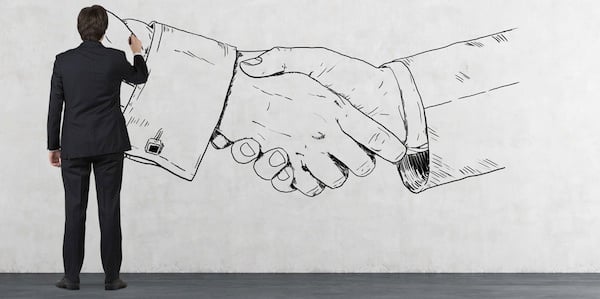We recently had a corporate client hire a thought-leader to speak at their event. While the corporation sought permission to record the speaker’s presentation, they did not pay close enough attention to how that recording could be used. The footage ended up streaming on the internet without any kind of password protection (anyone on the inter-tubes could view it).
When the speaker in question learned that their entire program was placed on the web without permission, they were supersonic furious. While the alarmed corporate event planner yanked the content off the web immediately, there was nothing that could be done to unwind the hundreds of video views that had already taken place.
It was a nasty situation that included legal saber-rattling by the speaker’s manager.

We’re paying the speaker a huge fee; why can’t I just video record their session?!?
Yes, speaker fees these days can be hair-raising; the better the speaker, the more startling the fee. As most seasoned event professionals know, paying a whopping fee does NOT grant the sponsoring group the right to capture the paid presentation on digital media for playback at a later time.
Think of the speaker’s presentation the same way you would a copyrighted book; it’s the intellectual property of the content’s creator. Permission must be sought and granted.
OK, so I have permission to record, can I disseminate the footage to my heart’s content??
No. Standard, boilerplate speaker agreements include clauses that mandate that the speaker’s program may not be recorded unless permission is granted.
When seeking that permission, the speaker will typically set boundaries around how that footage can be used. The speaker will often be more confident and receptive when a specific request is made (preferably before the ink on the contract is dry), for example:
- Make recording of the session available for X number of weeks to cover absent meeting attendees (company personnel who missed the meeting)
- Stream the footage on an internal password-protected site for trade association members (restricts access to the general public)
- Use for archive purposes only with provisions to pull small excerpts for event marketing purposes (a very common practice that helps market/promote next year's conference)

For both corporate audiences and trade association groups, leveraging video recording can be a powerful way to not only perpetuate messaging but also add value to the meeting attendee. That said, the practice can also be a mine-field. Seek the advice of a reputable speakers bureau to help you navigate these potentially dangerous waters.
It’s a lot easier than trying to put toothpaste back in the tube.

